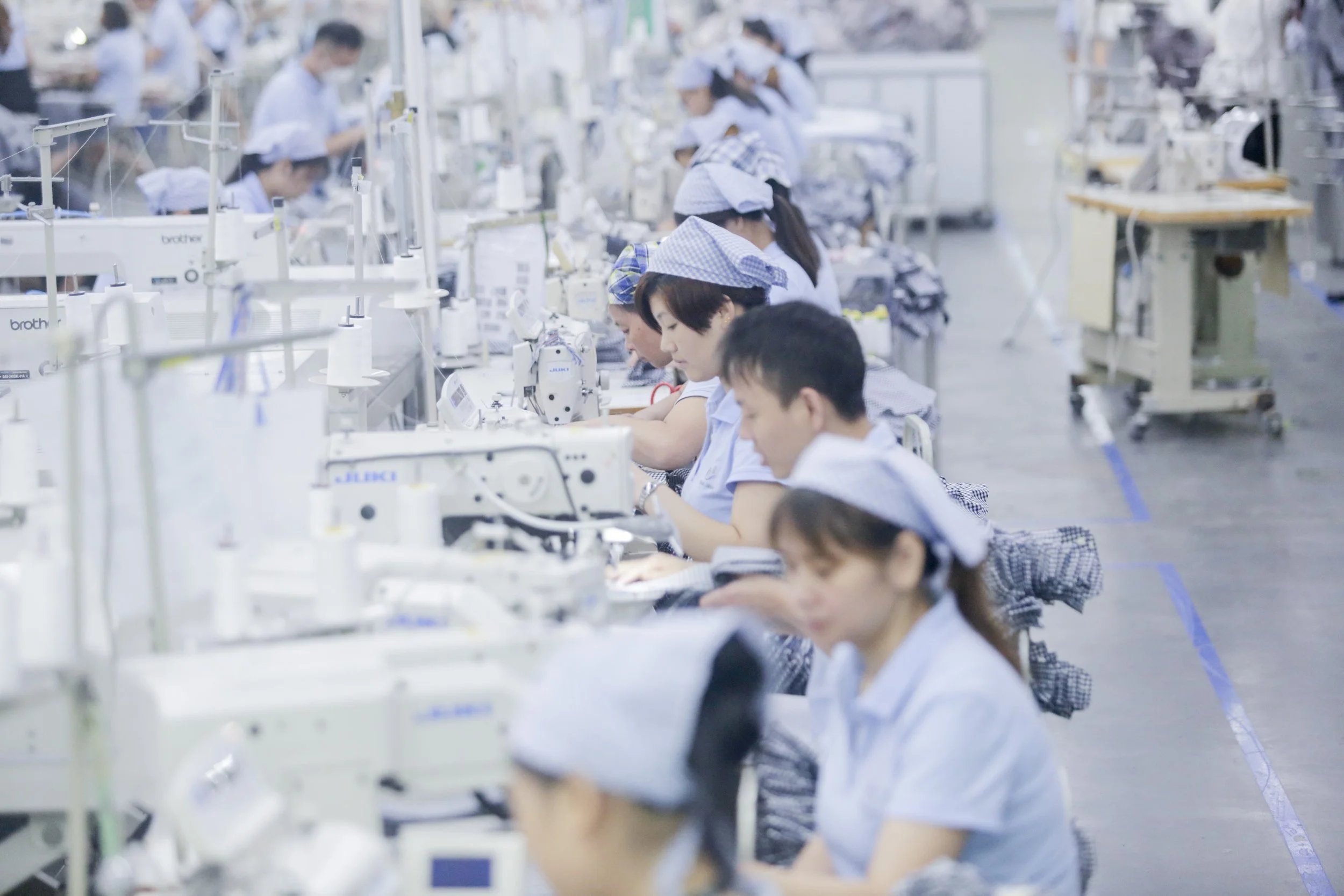Guest blog: How Fair Wear and SLCP are working together to drive data convergence and reduce audit fatigue
- Annabel Meurs, Executive Director at Fair Wear
The garment and footwear industry has long been afflicted by audit fatigue, with organisations facing inefficiencies and frustration as excessive auditing requirements drain valuable resources.
As we know, these audits often fail to capture the full scope of human rights risks that a company’s activities can cause throughout its supply chain.
That’s why, in 2024, we formalised our collaboration with the Social & Labor Convergence Program (SLCP) to reduce audit fatigue through data convergence – a significant step forward for more holistic, collaborative due diligence. Since then, we’ve proudly joined forces to promote industry alignment and engage with relevant policy developments that support our joint mission of improving supply chain working conditions. This partnership brings together SLCP’s Converged Assessment Framework (CAF) – a high-quality, standardised dataset – and Fair Wear’s risk scoping tool, designed to identify and address labour-related risks and harms across garment supply chains.
Our shared priority has been to reduce audit fatigue by encouraging industry-wide adoption of existing data to support impactful and practical Human Rights Due Diligence (HRDD) implementation. We’re pleased to share that this shared approach is already beginning to bear fruit.
Driving alignment through benchmarking assessments
To explore how our data could be used together, we first ran a pilot using a small number of assessments. Encouraged by its success, this work expanded into a detailed benchmarking exercise comparing the SLCP CAF (v1.5 and v1.6) with Fair Wear’s framework of potential and actual harms.
This mapping process was both extensive and methodical. The team worked issue by issue to determine where questions in the CAF could be matched to specific issues tracked by Fair Wear. In many cases, a strong link was found, enabling SLCP data to contribute to the identification of potential harms. These findings now inform Fair Wear’s HRDD Hub, supporting brands with evidence-based decision making and guidance on how to effectively address identified supply chain issues.
“This partnership brings together SLCP’s Converged Assessment Framework (CAF) – a high-quality, standardised dataset – and Fair Wear’s risk scoping tool, designed to identify and address labour-related risks and harms across garment supply chains.”
Key collaboration outcomes to-date
For several countries, SLCP’s aggregate-level data can now be used to inform the likelihood of potential harms in Fair Wear’s HRDD Hub. These country profiles already draw from a wide range of triangulated sources, including human rights reports, national indices, Fair Wear assessments, and multi-stakeholder input. SLCP’s data adds an important new layer, particularly for countries where Fair Wear does not have its own country-teams, strengthening the relevance of the profiles. This is a huge milestone, as it enables brands to commit to more thorough, rigorous due diligence.
At the factory level, Fair Wear member brands can also integrate data from external assessments into the HRDD Hub. This includes sharing SLCP assessment results, when available, directly into the system. These results can then be used as part of the brand’s HRDD efforts at individual factories. By linking external data with Fair Wear’s facilitation tools – such as our onsite modular assessments and validation assessments – brands are better equipped to respond to findings in a more targeted way. These additions strengthen the HRDD process and support brands in making more informed, responsible decisions. It’s a practical step towards more effective action.
What’s next?
This collaboration is an important step towards reducing duplication and enabling more coordinated approaches to HRDD implementation across the industry. In the months ahead, we will:
Continue scaling the use of SLCP aggregate data across Fair Wear’s HRDD Hub country profiles
Continue encouraging brands to prevent duplication and address audit fatigue
Build on shared efforts to advance impactful HRDD implementation throughout the sector
Fair Wear and SLCP remain committed to supporting brands and stakeholders in driving systemic change in global garment supply chains. By working together, we can help ensure that data is used not just for compliance, but to drive tangible impact for the people who make our clothes. We’re excited by the progress of this collaboration thus far, and we look forward to what’s ahead!


